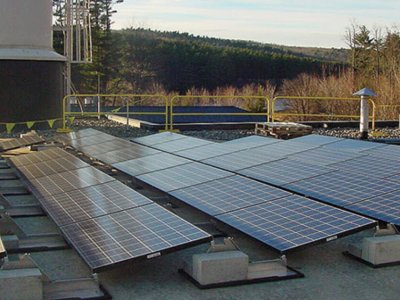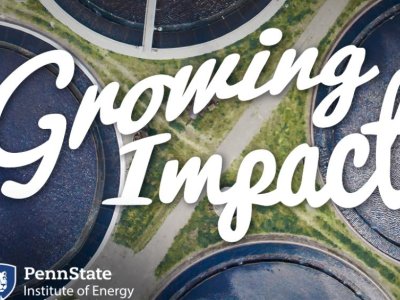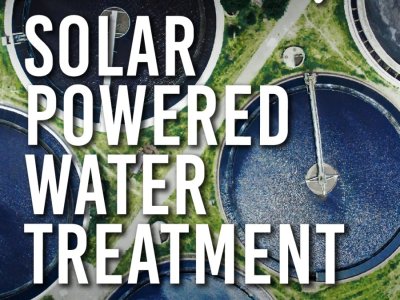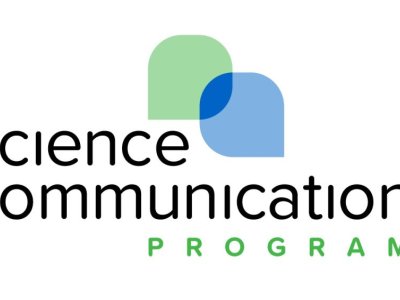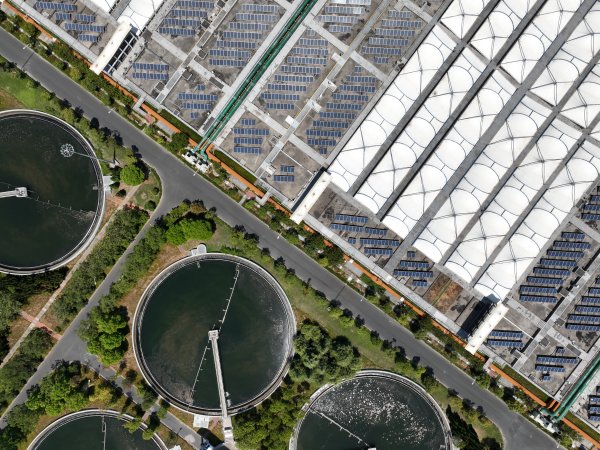
Shifting from fossil fuel energy sources to renewable energy sources in energy-intensive sectors, such as municipal wastewater treatment, which regularly consumes more than 30% of the total energy used by a municipality, is important for reducing greenhouse gas emissions. Greenhouse gas emissions reductions help mitigate climate change and may also save money and increase energy security for those municipalities that make renewable energy investments.
While there is great potential for renewable energy adoption in the wastewater sector, data limitations constrain our understanding of both the scope and scale of renewable energy adoption at wastewater treatment plants and the energy (or environmental) justice implications of that adoption. This IEE seed grant proposal will begin to fill this gap by addressing the following research questions:
- What is the scope and scale of solar adoption at wastewater treatment plants in the United States?
- What enables (or constrains) solar adoption at wastewater treatment plants?
- Who does (or does not) benefit from solar adoption at wastewater treatment plants?
We leverage an interdisciplinary team (geography, engineering, and law) to develop a model to identify wastewater treatment plant-solar installations and use this model to create a database of wastewater treatment plants with (and without) solar adoption data. We also create a database of state-level solar policy incentives for water/wastewater systems and use this together with the solar adoption at wastewater treatment plants and Census data to develop a statistical model to explore potential drivers of solar adoption, and the characteristics of communities with and without solar adoption. Ultimately, this proposal will create new data, fill crucial gaps in data and knowledge, and lead to both peer review publications and new extramural funding proposals.




